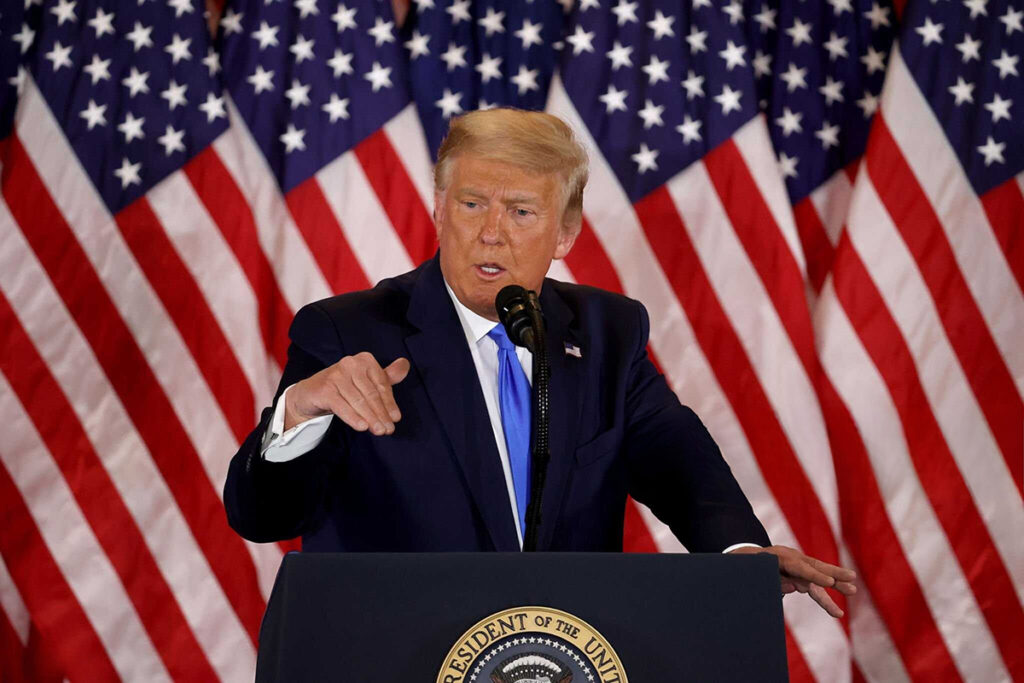The United States Agency for International Development (USAID) has initiated extensive mandatory leaves, impacting the majority of its employees both in Washington and internationally as part of a broad restructuring plan implemented by the Trump administration. The move drastically reduces the agency’s workforce from over 8,000 to fewer than 300 employees, raising concerns about the future of U.S.-funded aid programs globally.
The restructuring follows an administrative directive that has placed nearly all USAID workers on leave or furlough since President Donald Trump’s inauguration. The administration has also frozen funding for most aid programs, leading to an abrupt halt in operations. While some life-saving initiatives will reportedly continue, the extent of their funding and execution remains unclear.
USAID employees have been instructed not to discuss the internal changes with anyone outside the agency, reflecting the secrecy surrounding the plan. The administration has given almost all overseas staff 30 days to return to the United States, with travel and relocation expenses covered by the government. Those who choose to stay beyond this period, unless granted a specific hardship waiver, may be required to cover their own expenses.
It is unclear whether the significant workforce reduction is a temporary adjustment or a lasting change to the agency’s framework. The administration has indicated that a review is underway to determine which aid and development programs will resume in the future. However, the scope and timeline for this review remain ambiguous.
The restructuring effort is part of a broader push by the Trump administration, working in collaboration with billionaire Elon Musk, who leads the Department of Government Efficiency. USAID has been a primary target of this initiative, which aims to significantly cut federal spending and reshape the role of foreign aid within U.S. national interests. There are ongoing discussions about eliminating USAID as an independent agency and integrating its remaining programs into the State Department.
While administration officials claim that foreign aid will continue under a revised strategy, critics argue that the cuts are being implemented without congressional approval. Democratic lawmakers and federal employees’ associations have raised legal objections, contending that such drastic changes cannot be made unilaterally.
A lawsuit filed by the American Foreign Service Association and the American Federation of Government Employees is seeking to overturn the administration’s orders. The legal challenge aims to reopen USAID offices, reinstate staff, and restore funding to aid programs. The lawsuit further warns of severe consequences, not only for American workers but also for millions of people worldwide who rely on U.S. assistance programs.
The decision to gut USAID has sparked widespread concern, with critics highlighting the potential damage to U.S. global leadership and humanitarian efforts. With thousands of aid workers sidelined and critical programs at risk, the future of American foreign assistance remains in limbo.


